In recent years, artificial intelligence (AI) has made significant inroads into game development, from procedural content generation to automated testing. But when it comes to music, the preference still leans heavily towards human creativity. Through various polls we conducted on platforms like LinkedIn and Game Jolt, a clear pattern emerged: a strong preference for human-composed music.
So, why are game developers and players still favouring the human touch? Let’s dive into the top 5 reasons why developers prefer human-composed music over AI-generated soundtracks.
1. Emotional Depth & Nuance
Game music isn't just about filling the background—it sets the tone, evokes emotions, and enhances the player's experience. Human composers can intuitively create music that resonates with specific moments in a game, from suspense-filled battles to serene exploration scenes. AI, while capable of mimicking certain patterns, cannot often truly understand and convey complex emotional depth.
As one of our polls revealed, 44% of participants prefer human music for this very reason. They want to feel that emotional connection, which AI is not yet capable of fully replicating.
2. Artistic Interpretation
Music composition is an art form that thrives on individual interpretation. Every human composer brings a unique perspective, shaped by their cultural background, personal experiences, and creative vision. For example, when we look at iconic game soundtracks like The Legend of Zelda or Final Fantasy, they stand out not just because of the quality of the music, but because of the distinct creative flair that comes from the composer’s personal interpretation.
In contrast, AI-generated music often follows set patterns and algorithms, which can lead to generic or formulaic results. It lacks the artistic individuality that developers seek to make their game stand out.
3. Flexibility and Adaptation
Game development is a highly iterative process. Developers often need to tweak and adjust various elements, including music, as a game evolves. Human composers can adapt their work based on new feedback or changes in a game’s direction. They can easily add small flourishes or adjust the tone to match new gameplay mechanics.
AI can generate music quickly, but making specific adjustments or adding subtle layers of complexity still requires human intervention. That flexibility and adaptability are something AI has yet to master.
4. Cultural Significance
Many developers want their music to reflect a game’s cultural or thematic elements. Whether it’s drawing inspiration from traditional instruments or regional musical styles, human composers can embed these nuances in ways that feel authentic and meaningful. This is especially important for game developers who focus on culturally rich content.
AI, however, tends to create music based on pre-existing data and struggles to replicate the cultural authenticity and depth that a human composer can bring to a project.
5. Player Preference
At the end of the day, game developers create for their audience. Our polls showed a strong inclination towards human music, with 65% of Game Jolt voters and 44% of LinkedIn voters (Refer to first image) preferring human-composed music. Gamers value the artistry and emotional connection that comes from music crafted by a person. They’re used to the rich, immersive experiences that human-created soundtracks provide, and they’re not yet ready to see that replaced by AI.
The Role of AI in Puzzle Games: A Balancing Act
While music remains a domain where human creativity shines, AI is making exciting advances in other areas of game development, particularly in puzzle creation. In our exploration of AI’s role in the future of indie puzzle games, 44% of voters felt that AI could revolutionize complex puzzle creation. AI’s ability to process vast amounts of data and come up with intricate, non-linear puzzle designs makes it a valuable tool in this area.
However, just as with music, there are elements of game design that benefit from a human touch. For instance, enhanced player interaction (22% of voters) and unique content generation (22% of voters) are other areas where AI can play a supportive role, but human creativity is still critical for delivering engaging and immersive experiences.
In the future, we may see a balance between human-led creativity and AI-driven innovation in game development. AI will likely handle the more technical or data-heavy aspects, like puzzle creation or automated game testing, while human developers and composers focus on the artistry, emotion, and cultural significance that truly elevate a game.
Final Thoughts: The Human Touch Matters
While AI holds enormous potential in reshaping certain aspects of game development, when it comes to music, game developers and players alike still prefer the human touch. Emotion, creativity, and cultural authenticity are critical aspects that AI hasn’t yet mastered. However, as AI continues to evolve, it will undoubtedly play a complementary role in areas like puzzle creation and testing, leaving space for human creativity where it’s needed most.
Note: AI played a role in generating some of the content in this Article, however, the thoughts contained here are our own.
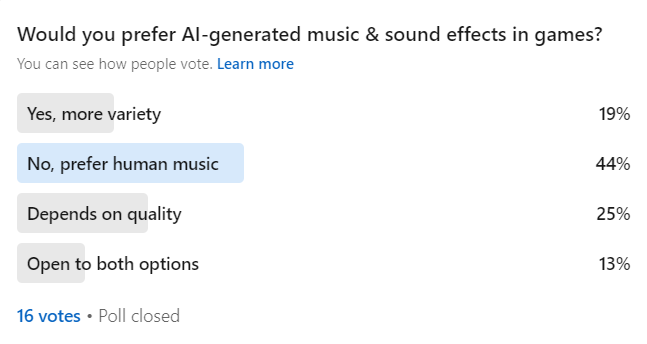
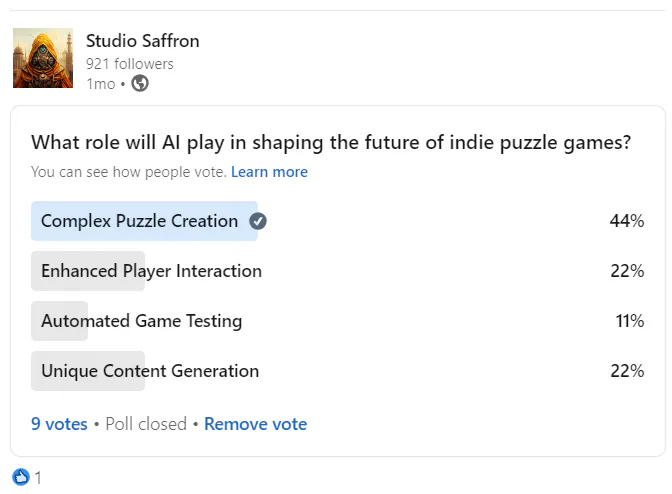
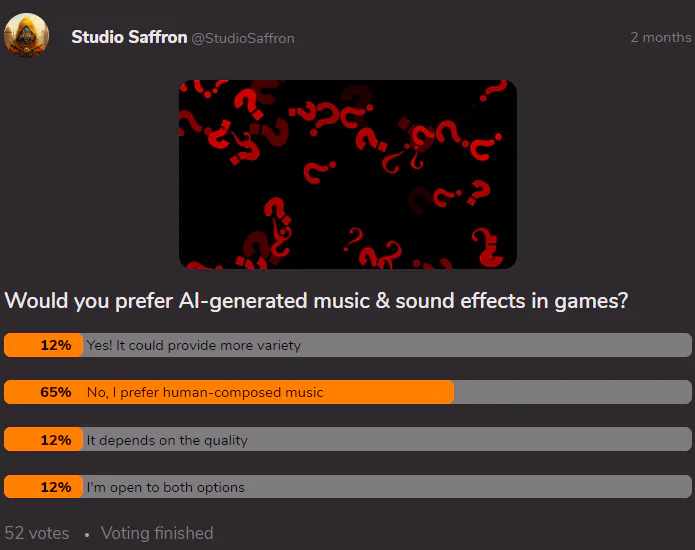

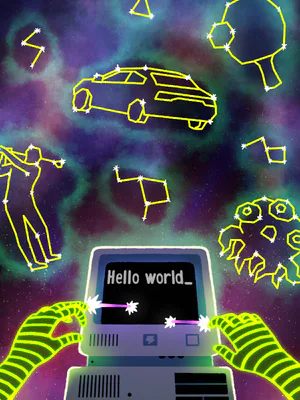
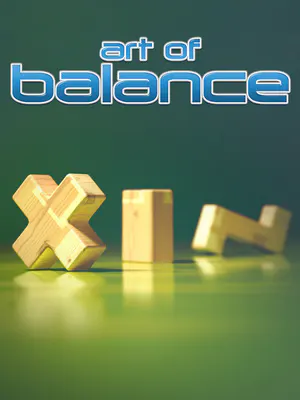
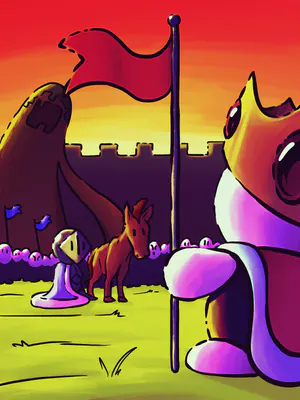
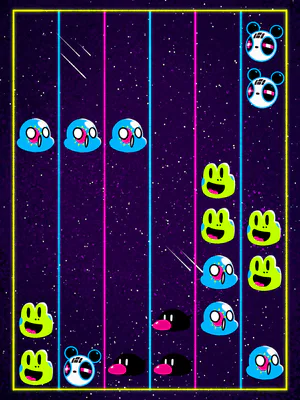





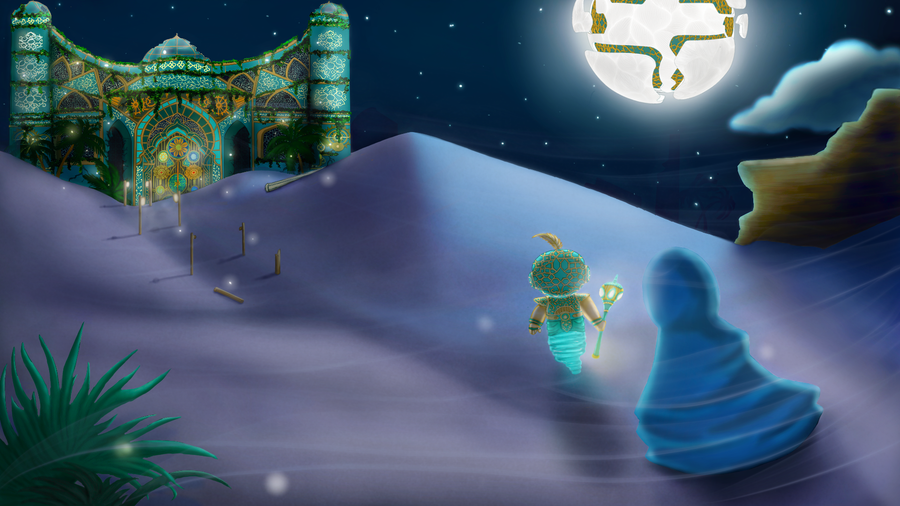

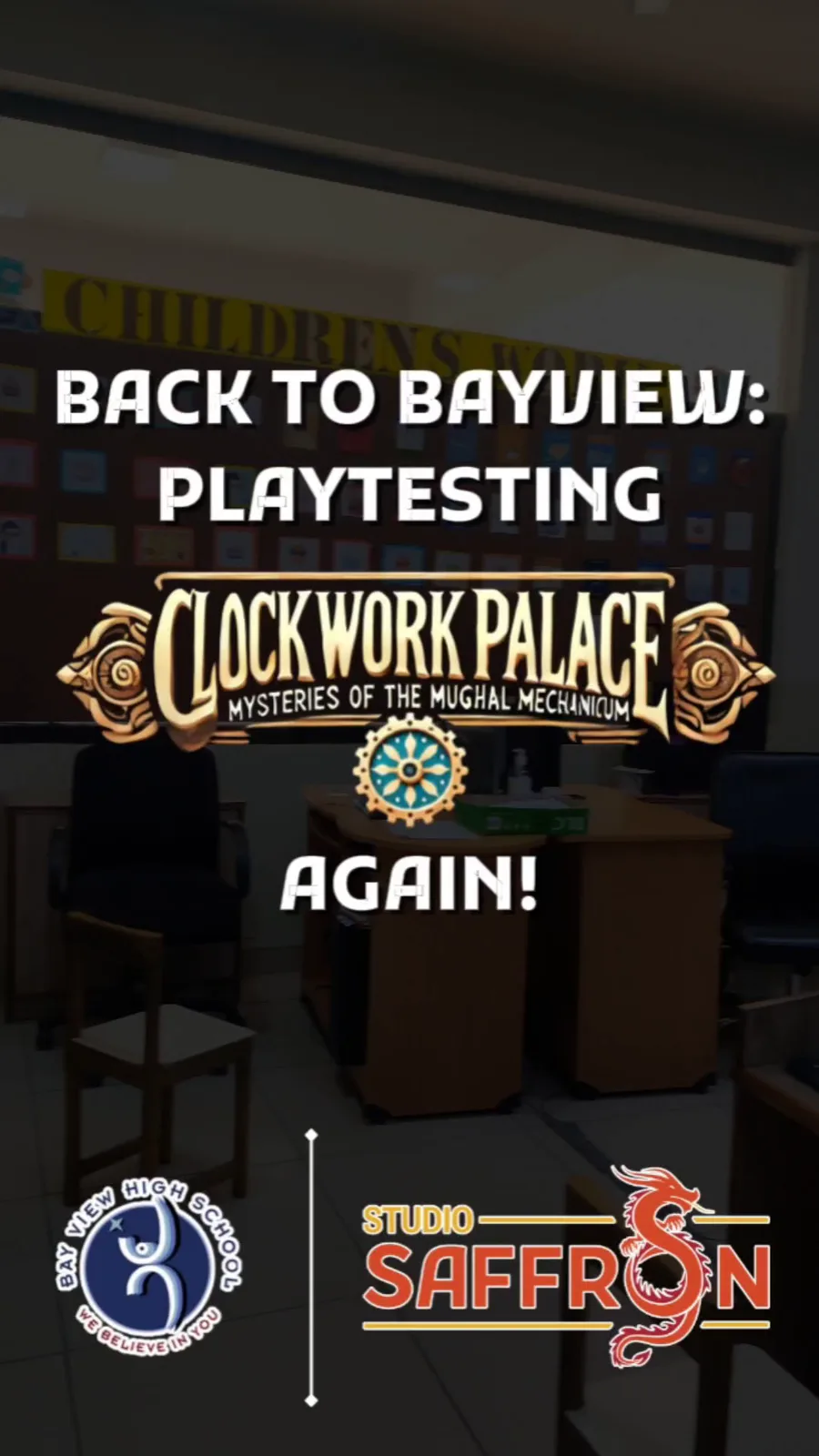

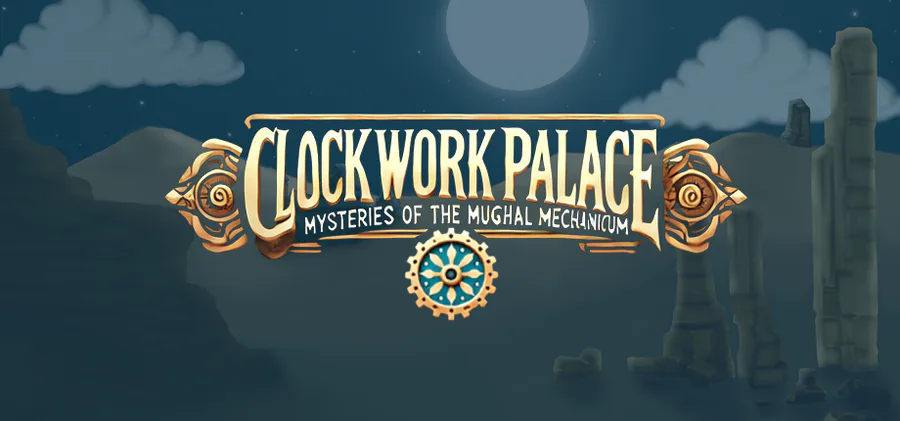
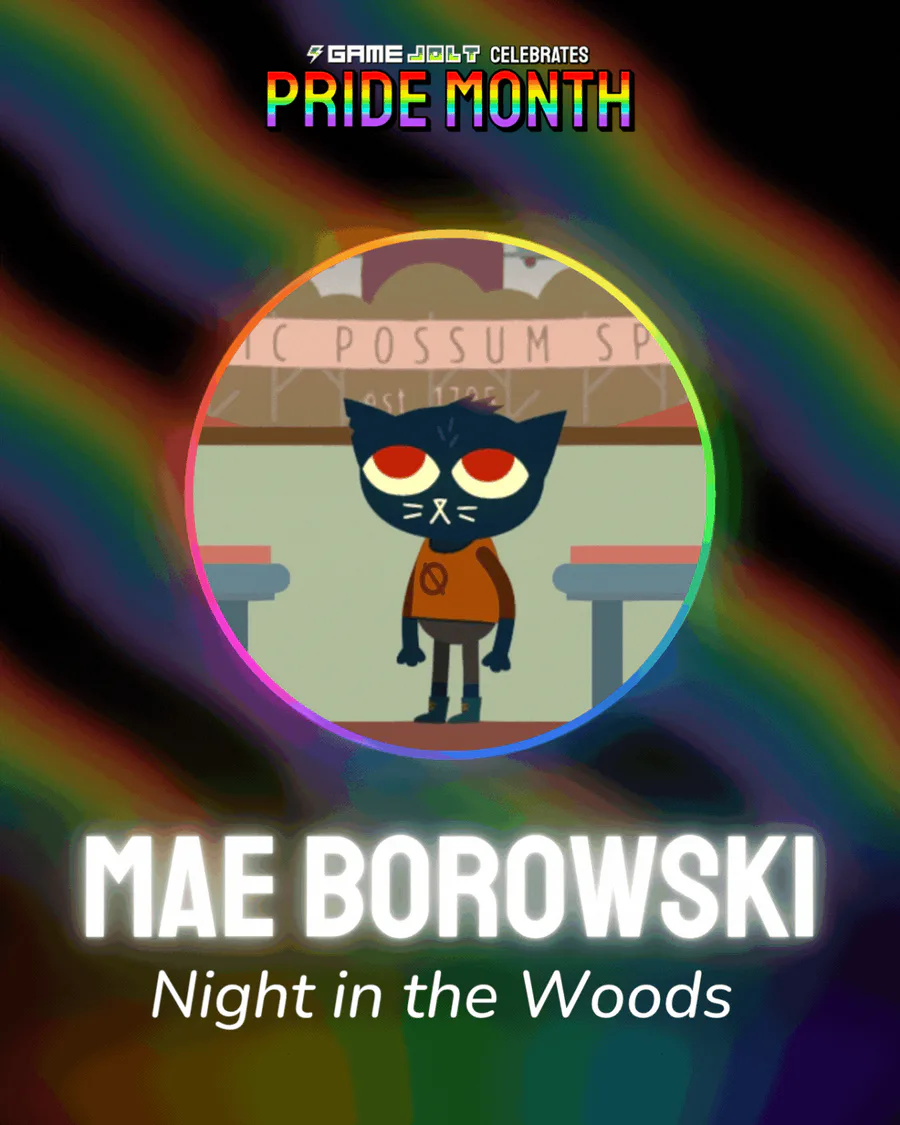
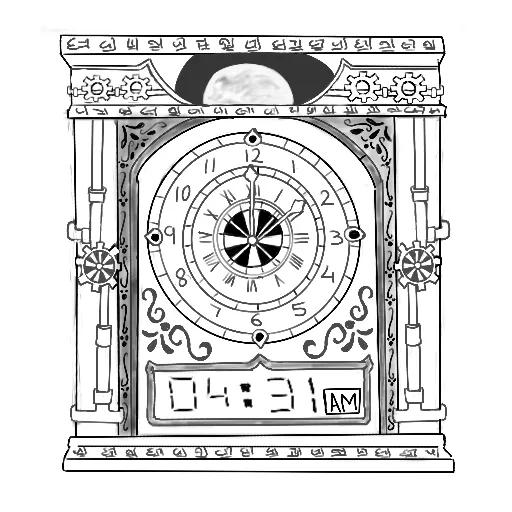
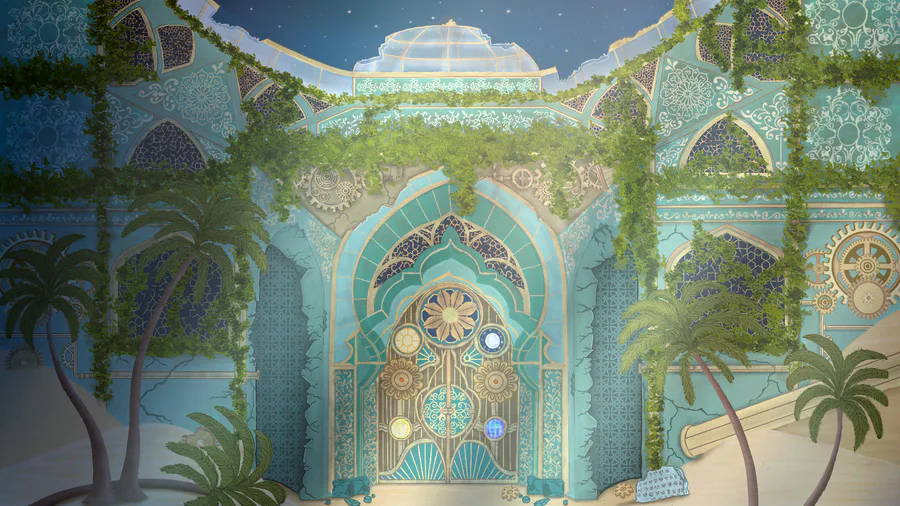

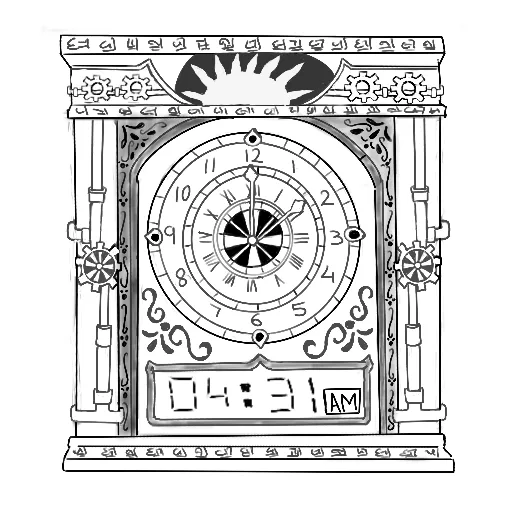
1 comment